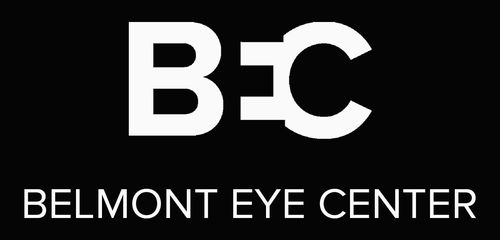Our vision is one of our most precious senses, but unfortunately, it can decline over time due to age, disease, injury, or other factors. Losing our vision can be a difficult and even frightening experience, but there are warning signs that can help us detect vision loss early and seek treatment. In this article, we’ll explore the signs of vision loss and what to do if you are experiencing them.
Blurred or Cloudy Vision:
- Blurred or cloudy vision can indicate a variety of vision problems, including cataracts, macular degeneration, or diabetic retinopathy.
- If you experience blurred or cloudy vision, you should schedule an eye exam with an ophthalmologist or optometrist.
Sensitivity to Light:
- If you are sensitive to light, it could be a sign of a variety of conditions, including cataracts or corneal problems.
- You may need to wear sunglasses or protective eyewear to reduce glare or brightness.
Difficulty Seeing at Night:
- Difficulty seeing at night can be a sign of age-related vision loss or other conditions, such as glaucoma or cataracts.
- You may need to have your eyes examined and consider treatments such as prescription glasses or surgery.
Loss of Peripheral Vision:
- Losing peripheral vision can be a sign of conditions such as glaucoma or retinal detachment.
- You may need to have a comprehensive eye exam and seek treatment to prevent further vision loss.
Seeing Floaters or Flashes:
- Seeing floaters or flashes can indicate a retinal detachment or other serious condition.
- You should seek immediate medical attention if you experience these symptoms.
Our vision is a vital part of our lives, and losing it can be a difficult and even frightening experience. However, by knowing the warning signs of vision loss and seeking treatment early, we can reduce the impact of vision loss and preserve our quality of life. If you are experiencing any of these symptoms, be sure to schedule an eye exam with an ophthalmologist or optometrist to determine the cause and appropriate treatment.
